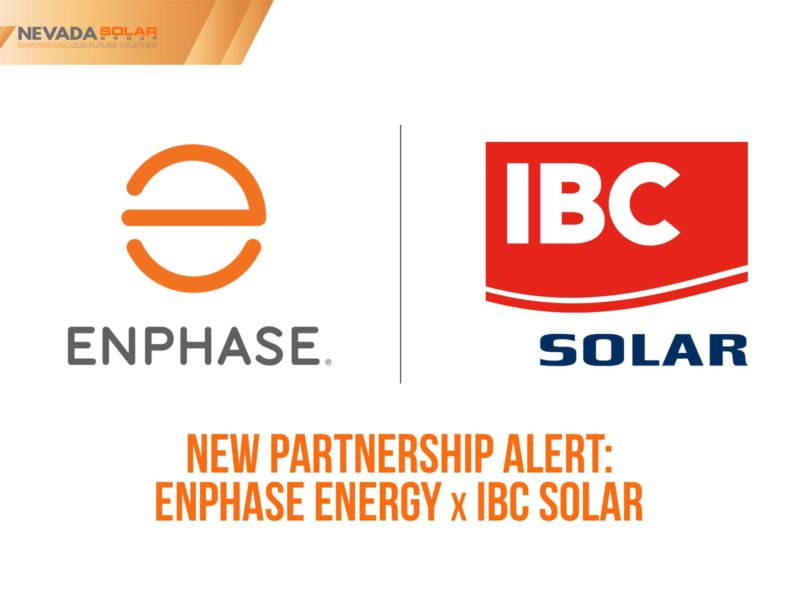Definition of Megawatt and Its Importance for Solar Panels

Nevada Solar Group specializes in solar panel installation and offers a wide range of services related to solar energy. The company aims to educate customers about solar panel concepts to help them make informed decisions.
Solar panels are devices that convert sunlight into electricity. They are made up of individual solar cells, which are typically made of silicon. These cells absorb photons from the sun’s rays and release electrons, generating a flow of electricity. The electricity generated by the solar panels is in the form of direct current (DC), which needs to be converted into alternating current (AC) by a device called an inverter. AC is the type of electricity used in most homes and businesses.
Solar panels can be mounted on roofs or on the ground, depending on the available space and sunlight conditions. The angle and orientation of the panels are important factors to maximize their efficiency and energy production. Nevada Solar Group offers professional installation services to ensure that solar panels are properly positioned and secured.
The Importance of Megawatt for Solar Panels
The capacity of a solar panel system is often measured in megawatts (MW). A megawatt is equal to one million watts of power. It represents the amount of electricity that can be generated by a solar panel system at a given moment.
The size of a solar panel system is determined by the number of solar panels it contains. Each solar panel has a specific wattage, which determines its power output. By multiplying the wattage of a single panel by the number of panels in the system, the total power output in megawatts can be calculated.
The megawatt capacity of a solar panel system is an important consideration for several reasons:
- Energy Production: The higher the megawatt capacity of a solar panel system, the more electricity it can produce. This is particularly important for households or businesses that have high energy requirements.
- Economic Benefits: Solar panel systems with higher megawatt capacities can generate greater amounts of electricity, which can result in higher savings on electricity bills. Additionally, excess electricity generated by the system can be sold back to the grid, further increasing potential financial benefits.
- Environmental Impact: Solar panel systems with higher megawatt capacities contribute more to reducing carbon emissions by offsetting the need for electricity from fossil fuel sources. This helps combat climate change and promotes a greener future.
- Scalability: The megawatt capacity of a solar panel system determines its scalability. If a customer’s energy needs increase in the future, they can easily expand their system by adding more solar panels to increase its capacity.
Factors Affecting Solar Panel Performance
Solar panels need sunlight to generate electricity, so their performance is affected by various factors:
Shade
Shade from trees, buildings, or other obstructions can affect the performance of solar panels. When a solar panel is partially shaded, the shaded cells produce less electricity, leading to a reduction in overall system output. Nevada Solar Group conducts shading analysis to assess the amount of shade that could potentially affect solar panel performance. This information helps determine the proper placement of the panels to avoid shading issues.
Sun Path
The path of the sun throughout the day and year also affects the performance of solar panels. By understanding the sun path, the angle and orientation of the solar panels can be optimized to maximize energy production. Sun path analysis helps determine the best position for the solar panels to capture the most sunlight throughout the day and throughout the year.
Proper placement and orientation of solar panels are essential to ensure maximum efficiency and energy production. Nevada Solar Group specializes in professional solar panel installation to ensure that panels are positioned correctly and secured for optimal performance.
Net Metering and Solar Panel Ownership
Net metering is a policy that allows solar panel owners to receive credit for the excess electricity they generate. When a solar panel system generates more electricity than is needed, the excess is sent back to the grid and accumulated as credits. These credits can be used to offset future electricity costs when the solar system is not generating enough power, such as during nighttime or cloudy days.
Net metering offers several advantages for solar panel owners:
- Energy Independence: By generating their own electricity, solar panel owners can reduce their reliance on traditional utility companies and have more control over their energy consumption.
- Financial Savings: Excess electricity generated by the solar panel system can be sold back to the grid, resulting in credits that can offset future electricity costs. This can lead to significant savings on monthly electricity bills.
- Sustainability: Net metering supports the growth of renewable energy sources by incentivizing solar panel installations and reducing dependence on fossil fuels.
Nevada Solar Group guides customers through the process of net metering and ensures that their solar panel systems are optimized for maximum energy production and savings.